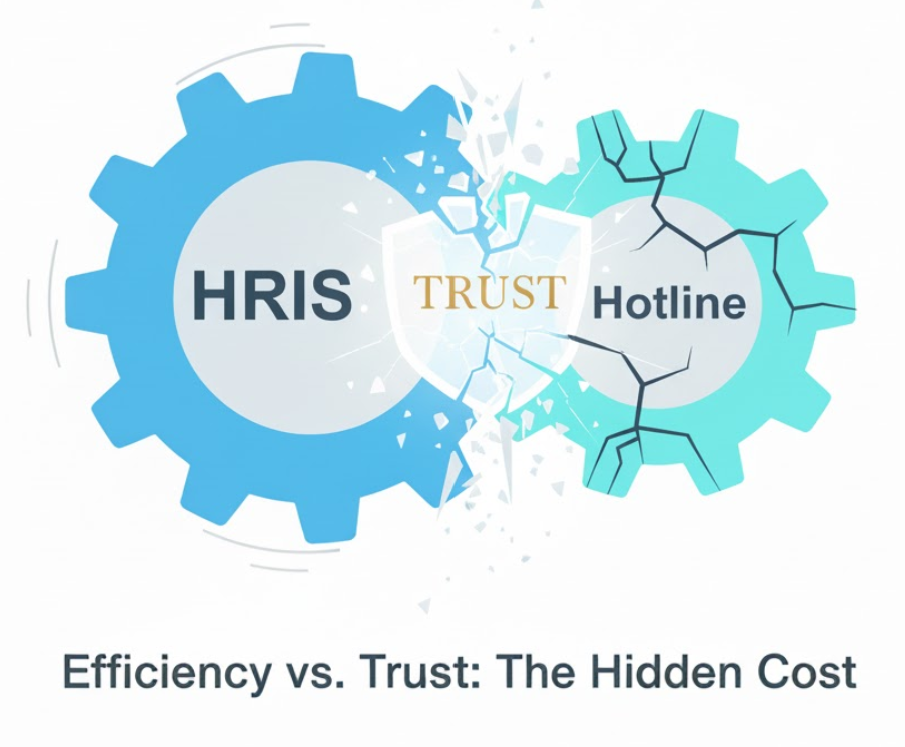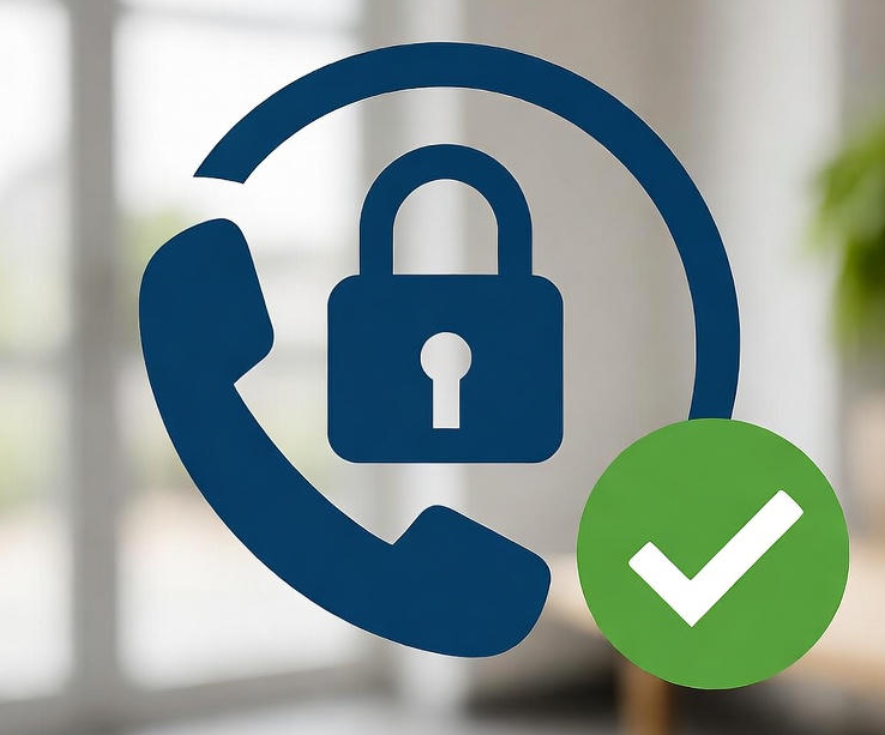
Maintaining an ethical workplace is crucial for the success and well-being of any organization. Not recognizing unethical behavior can erode trust, damage reputations, lead to legal issues, and negatively impact employee morale. Recognizing the warning signs of unethical conduct is key to addressing issues before they become out of hand. In the following, we will outline some key warning signs that can help you detect and mitigate risks such as fraud, discrimination, and safety violations.
Lack of Transparency
One significant warning sign of unethical behavior is a lack of transparency and communication. When information is consistently withheld, decisions are made secretively, or explanations are vague and inconsistent, it can signal that something is amiss. For instance, if financial reports are consistently delayed or lack detail, or if significant policy changes are announced without proper explanation, management should be alert. This opacity can be a breeding ground for fraudulent activities or discriminatory practices that thrive in the shadows.
Unexplained Lavish Lifestyles
According to data collected between 2008 and 2024 by the Association of Certified Fraud Examiners (ACFE), living beyond one’s means is one of the top warning signs that an individual is committing fraud. This may become apparent to employers and coworkers when an individual suddenly acquires expensive possessions or boasts about high-end travel and other luxuries that seem out of reach for those in similar positions. While there can be legitimate explanations for such a lifestyle change, this pattern of behavior warrants attention, especially when coupled with other warning signs.
Fear and Intimidation
A culture of fear and intimidation is also a major indicator of unethical behavior in the workplace. When employees are afraid to speak up, report concerns, or challenge decisions due to fear of retaliation, it creates an environment where unethical practices can flourish unchecked. This fear can prevent the reporting of safety violations, discriminatory behavior, or even financial irregularities. The Wharton Magazine article, “Does Fear Motivate Workers?” states, “A tyrannical management style can lead to low self-esteem and performance as it eats away at team cohesiveness, increases stress and helplessness, and creates a feeling of work alienation.” Employers must cultivate a safe and open environment where employees feel empowered to raise concerns without reprisal.
Disregard for Policies
The consistent violation of company/industry policies is a clear warning sign that an organization or individual is acting unethically. Even seemingly minor infractions can indicate a broader disregard for ethical standards and potentially pave the way for more serious misconduct. For example, consistently overlooking safety protocols in a manufacturing plant could lead to accidents and legal liabilities. Avoid the trap of believing that a rule doesn’t really matter, and ensure that all members are on the same page.
Unrealistic Demands
Pressure to meet unrealistic goals or deadlines often drives unethical behavior. As quoted in the Harvard Business School article “When Managers Set Unrealistic Expectations, Employees Cut Ethical Corners,” researcher and Harvard Business School professor, Lynn S. Paine states, “Corporate misconduct has grown in the past 30 years, with losses often totaling billions of dollars. What businesses may not realize is that misconduct often results from managers who set unrealistic expectations, leading decent people to take unethical shortcuts.” Shortcuts such as falsifying data or ignoring quality control measures are especially likely to occur when employees feel that their job security or bonuses depend on achieving unrealistic targets.
Pointing Fingers
Finally, a pattern of defensiveness or blaming others when mistakes or issues arise should raise concerns. Individuals engaging in unethical behavior are often reluctant to take responsibility for their actions and may try to deflect blame onto colleagues or external factors. This behavior can hinder the identification and resolution of underlying ethical problems.
Concluding Thoughts on Recognizing Unethical Behavior
Recognizing these warning signs is crucial for both employees and employers. Employees have a responsibility to be vigilant and report any concerns they may have through established channels, such as their organization’s hotline. Employers, on the other hand, must foster a culture of ethics and accountability, provide clear reporting mechanisms, and take all reports seriously. By being aware of these red flags and acting proactively, organizations can create a more ethical, trustworthy, and successful workplace, safeguarding against damaging issues like fraud, discrimination, and safety violations.
For more articles on improving your work environment, see our blog posts here.
Reach Us
Red Flag Reporting
P.O. Box 4230, Akron, Ohio 44321
Tel: 877-676-6551
Fax: 330-572-8146



